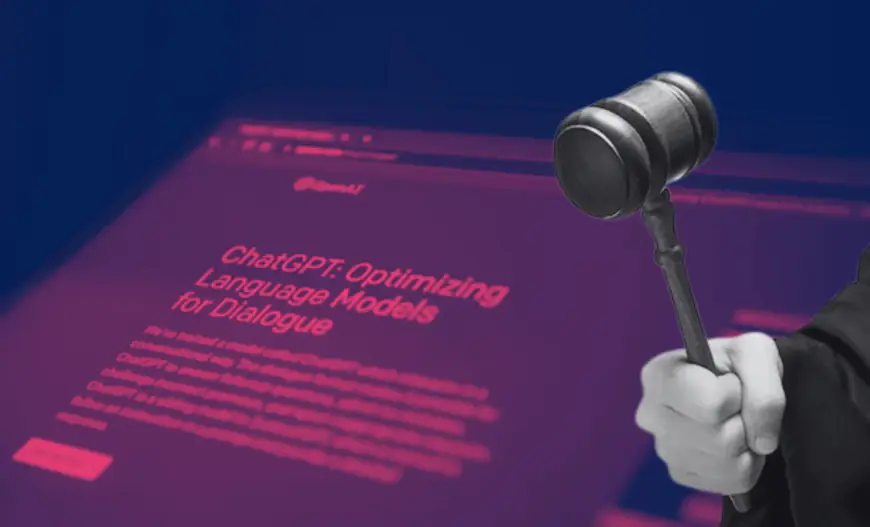Attorneys in Virginia face potential sanctions for alleged AI misuse
Attorneys in a Virginia whistleblower case face potential sanctions for allegedly using AI to submit fabricated legal citations,

A federal judge in the Western District of Virginia has asked attorneys representing a plaintiff in a whistleblower lawsuit to state why they should not be disciplined for allegedly using artificial intelligence (AI) to submit made-up legal citations. The lawyers are said to have filed a brief containing “seemingly fictitious cases and quotations,” leading Judge Thomas T. Cullen to issue a show cause order.
The order comes after the plaintiff’s counsel objected to a protective order granted by U.S. Magistrate Judge Joel C. Hoppe in the case Iovino v. Michael Stapleton Associates, Ltd. The defendant flagged several problems with the plaintiff’s brief, including citations to cases that do not exist and quotes that cannot be found. Judge Cullen has asked the lawyers to explain by Aug. 14 why he should not sanction them or refer them to their respective state bars for professional misconduct.
Attorneys accused of using fake citations spark legal scrutiny
Judge Cullen laid out the alleged misbehavior in a memorandum opinion, stating that the sources and quotes used by the plaintiff’s objections appeared to be entirely fabricated. The defendant’s brief opposing the objections pointed this out, suggesting that these false citations may have stemmed from unchecked use of AI likely through software such as ChatGPT. One citation specifically, which supposedly quoted language from Graves v. Lioi, was nonexistent in the actual Fourth Circuit opinion.
The plaintiff’s attorneys did not respond to these allegations about invented citations—a silence that Judge Cullen called “deafening.” That failure has raised more questions about the legal system’s integrity and whether AI can be abused during the drafting process.
While stating that using AI for legal work is not inherently wrong, Judge Cullen noted that any attorney who opts for such technology must ensure accuracy behind every citation and quote.
He warned that intentional or unintentional abuse of AI could expose one to grave consequences like being accused of bad faith or a deliberate attempt at misleading the court thus issuing a show cause order to protect proceedings’ integrity and unravel the origin of alleged false references.
What's Your Reaction?









































































































